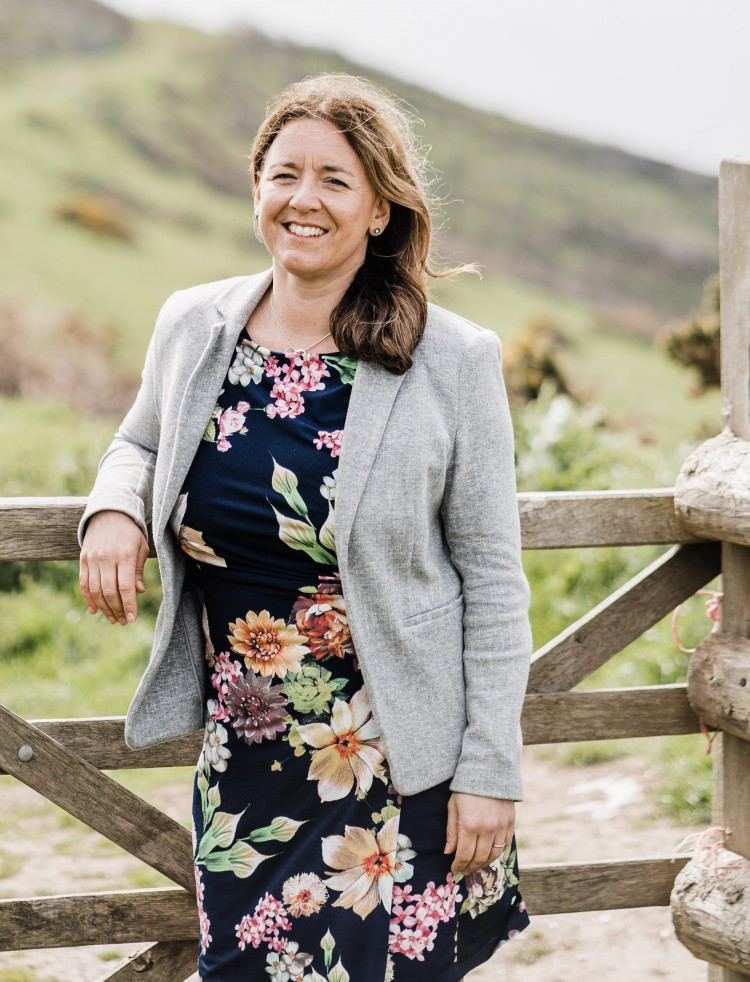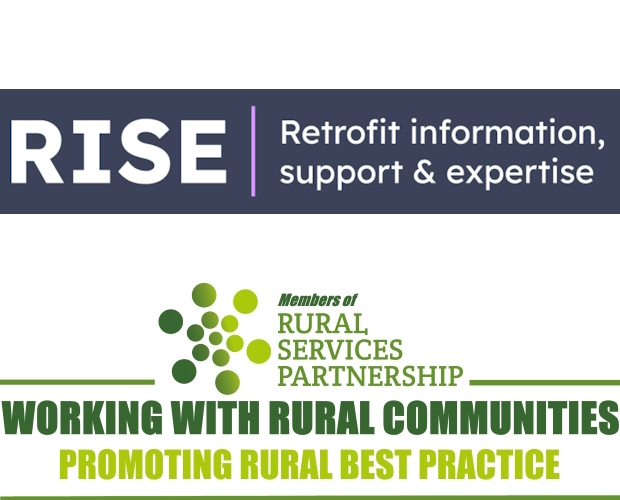T: 01822 851370 E: [email protected]
MPs debate unfair rural funding

Rural MPs had a clear message for the government during their Westminster Hall debate last week on the funding of rural councils; act now or councils will go bust and lives will be lost.
The Rural Services Network provided briefings to MPs to ensure that they fully understand the picture of rural unfair funding and several of the MPs used our information to quote in the debate.
The debate was tabled by West Dorset MP Chris Loder who said:
“Ten million people live in rural England. Those who work in the rural economy can expect to earn on average £2,000 less than those in urban areas. The rural fuel poverty gap is double the national average. Rural people pay on average 20% more council tax per head than those in urban areas. My other constituency neighbour, my hon. Friend the Member for South Dorset (Richard Drax) and I both represent the area with the worst social mobility in the country. I have a secondary school in that area that has been partly closed and another school where a third of the classrooms are in disrepair. We also have significant transport issues and social care challenges—in West Dorset, we have a community where a third of the population is over the age of 65.
“My constituents are fed up with turning on the telly to hear levelling-up announcements for urban areas in the midlands and the north and hearing nothing about the rural south-west or rural Britain. They want to know, and have sent me here today to ask why rural hardship is not seen in the same way as urban poverty. They expect to see their representatives make the case to change that. That is why other Members and I are in the Chamber today.
“Why is there an excess burden on rural people? It is due, first, to the formula that dictates the distribution of the revenue support grant from the Government to local authorities; and, secondly, to the corresponding levels of council tax that councils are forced to levy to cover their increasing social and services cost. As the Minister said to the Levelling-up, Housing and Communities Committee earlier this month, the unique characteristics and challenges of each local authority make it difficult to implement a national fix, as they often require bespoke solutions. I fully understand and support that idea.
“I have spoken a great deal in this Chamber and on the Floor of the House about the revenue support grant formula and council tax, so I will touch on them only briefly for Members’ information. In 2013-14, we locked in a local government funding formula that distributed an unfairly low proportion of central Government resources and grants to rural councils; today, urban councils receive 38% more in Government-funded spending power per head than rural councils. This year, my local authority, Dorset Council, received just £700,000 from central Government, which accounts for just 0.2% of funding. Although my hon. Friend the Minister, who was on the Back Benches at the time, and I made the case very strongly for Dorset in the local government funding debate, the local council would probably say that other adjustments were made that offset that, so there was little if any net benefit. The rest must be sourced elsewhere—often through the council tax mechanism—or the council will enter an insolvency situation.
“As a result, councils in the predominantly rural areas of the country that are overlooked when it comes to Government support must increase the rate of council tax, irrespective of their individual demands on services and demographics. Rural residents across the country pay an average of 20% more council tax. Across the County Councils Network, 68% of funding was received from council tax alone, compared with an average of 56.8%—it is, of course, lower in most urban boroughs. In everyday terms, that means that the typical band D council tax bill for someone living in Dorchester, Sherborne, Bridport or Lyme Regis—or any of the 132 parishes in West Dorset—will be over £2,000 a year.”
Concluding his opening remarks he warned:
“Almost 10 million people live in rural England. Most hon. Members present represent rural constituencies, and many of us are rural residents ourselves. We want action to address the challenges and financial difficulties that our local councils face. It is important that we see the continuation of the excellent Government work across the board to improve the fairness of this crucial aspect of Government policy—something that I, the Minister and others have been attempting for some time. Primarily, we need fundamental reform of the frozen funding formulas, which in my view constitute a levy that penalises rural residents simply for where they live. That strikes at the heart of fairness, which is not on.
“This country has moved a long way in the decade since 2013-14. It is fair to say that the funding formulas and the revenue support grant formula were geared to a very different climate in 2013-14. We know that many things have changed; many have improved and some have got worse. Other models such as the Green Book should also be amended to ensure that fairness is realised.
“If we continue with rural councils not receiving the fairness that they deserve, county authorities will have no choice but to cut back on some of the services that they have to provide. It is important, and only fair, that I let the Government know that that is not acceptable… Rural England is crying out for his help. I look forward to him being the messiah of local government finance. The February debate on local government finance is always an interesting one. I look forward to it and hope that we will have a further conversation then, and much more progress in the meantime.”
Mr Loder’s comments were echoed by all MPs who went onto speak, with APPG Rural Services Chair, Derek Thomas MP (St Ives, Con) saying:
“I remind the House that urban councils receive 38% more per head in Government-funded spending power than rural councils. As we have heard, rural residents will get 13% less per head in social care support. Rural councils have to increase council tax to balance their budgets, and that means that rural residents now pay on average 20% more in council tax per head. That additional tax on rural residents is a result of Government underfunding over many years. The cost of living in rural areas is higher than in urban areas, and that rural earnings are lower. The cost of service delivery is also higher in rural areas.
“The Government have sought to address the disparity. Following a campaign by the Rural Fair Share Campaign and the Rural Services Network, the Government accepted that “such a correction”—so that there is a proper recognition of the additional cost of delivering services in rural areas—“is warranted”. Changes were approved and the formula was changed. The new formula is still, by and large, the one in operation today. The problem is that that uplift to rural council funding has not been realised, because on average 75% of the exemplified gains were lost to authorities as a result of damping and other changes. Damping aims to protect councils from volatile changes, which is understandable, but the Government froze the formula so that it was not changed further. As we have heard, there are London local authorities that receive millions of pounds a year more in grant than the formula says they should.
“We were not deterred. With the support of the Rural Services Network, many parliamentarians, including me, convinced the Government that a fair funding review was needed. That was in 2016, soon after I became an MP. The Government then announced a relative needs and resources review, which was intended to ensure a fairer formula for the allocation of Government funding, with a new funding formula in place for the 2020-21 financial year. If that had been delivered as intended and as we expected, we would not be having this discussion today, and the councils we represent would not be facing such difficult decisions about how to spend money not where they want to, but where they need to. The review has been delayed over and over again. It has now been seven years since the review was announced, but the formula has not been changed.
“It is time to act. The Minister must deliver fairer funding by applying in full, without damping, the effects of the changes made but not fully implemented to the needs assessment component of the formula that was agreed back in 2013. The Minister must ensure that funding for social care reform proposals uses a formula that recognises a whole range of costs faced by rural councils and care providers. The Minister must also address fairer funding through the completion of the needs and resources review for local government funding in the first 12 months of the next spending review period, and fully implement the changes promised in 2021 for implementation in 2026-27. The Minister must also fight for, defend and maintain the rural service delivery grant.”
“I recognise that that will not be easy. However, we do not go into government for an easy life, but to correct unfairness and inequality. Our Government believe in levelling up, and I am not aware of a better way to level up than to fairly fund the day-to-day public services that our councils deliver, that our constituents depend on and that they have a right to expect.”
The new Local Government Minister, Simon Hoare MP (North Dorset, Con) listened to the debate, often nodding to specific remarks. Mr Hoare responded to the debate by saying that this is not the moment for reform of funding:
“With regard to formula reform, if my hon. Friend the Member for West Dorset looks at my last question from the Back Benches to our right hon. Friend the Prime Minister and at my contribution to the debate on the King’s Speech, he will recall that I made precisely that point. It is a point that he, I, most people present and others have made throughout our time here: the formula needs reform. My hunch is that we could have done it, and probably would have done it, immediately after the 2019 general election, but along came our old friend covid. As desirable as a fundamental review of the formula would be, I do not believe that trying to ask councillors and their officers, who rose magnificently to the challenge of meeting local demand during the crisis of covid, to turn bandwidth, support and attention towards thinking about solutions to formula questions would have been the right thing to do.
“We need to reform the formula, as is recognised, but I suggest to my hon. Friend that now is not the right time. In this settlement, we will have to play the hand of cards we are dealt under the rubric of the formula as it currently exists. I fundamentally agree with the Opposition spokesman and others that this should never be a job of robbing Peter to pay Paul. There are acute and identified needs for service delivery due to geography and sparsity in our rural areas, but there are also acute needs in our urban areas. Deprivation is deprivation; it merely manifests itself in different quantums and different varieties in urban and rural settings.”
 |
RSN Chief Executive, Kerry Booth, says the RSN is not deterred by Mr Hoare’s comments:
|
SIGN UP TO OUR NEWSLETTER
Sign up to our newsletter to receive all the latest news and updates.









